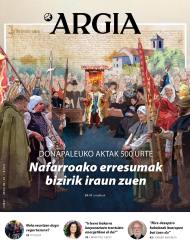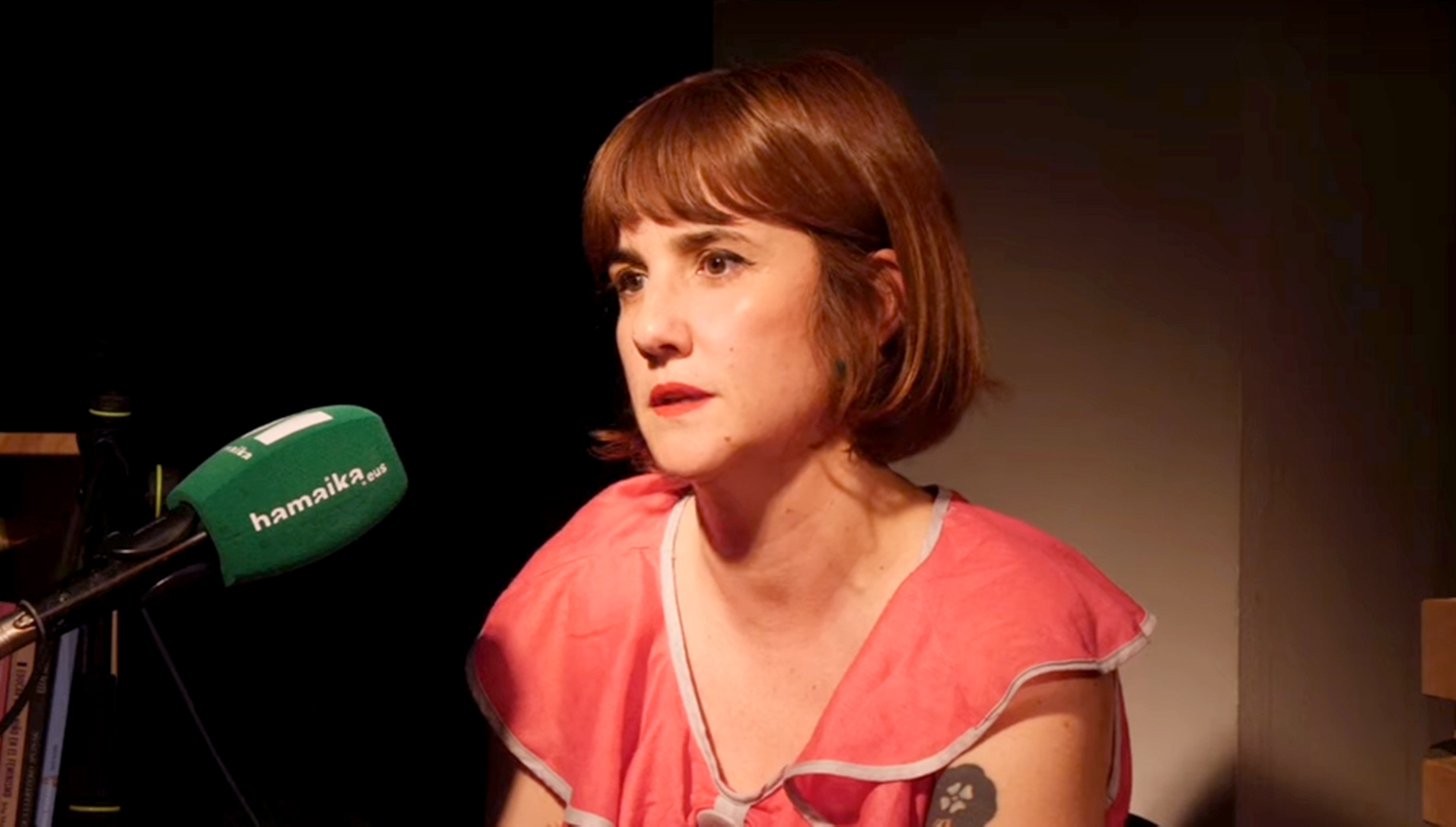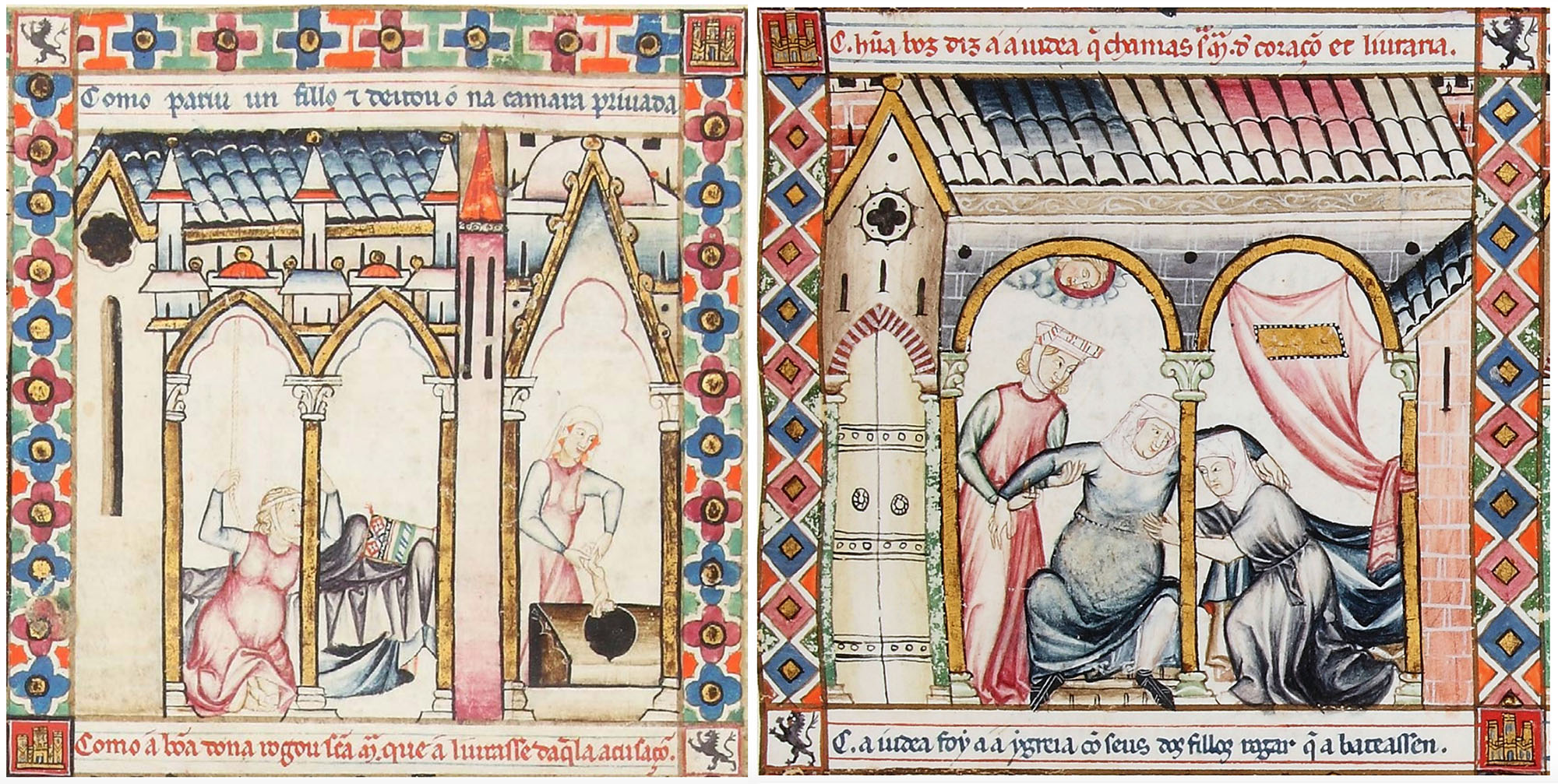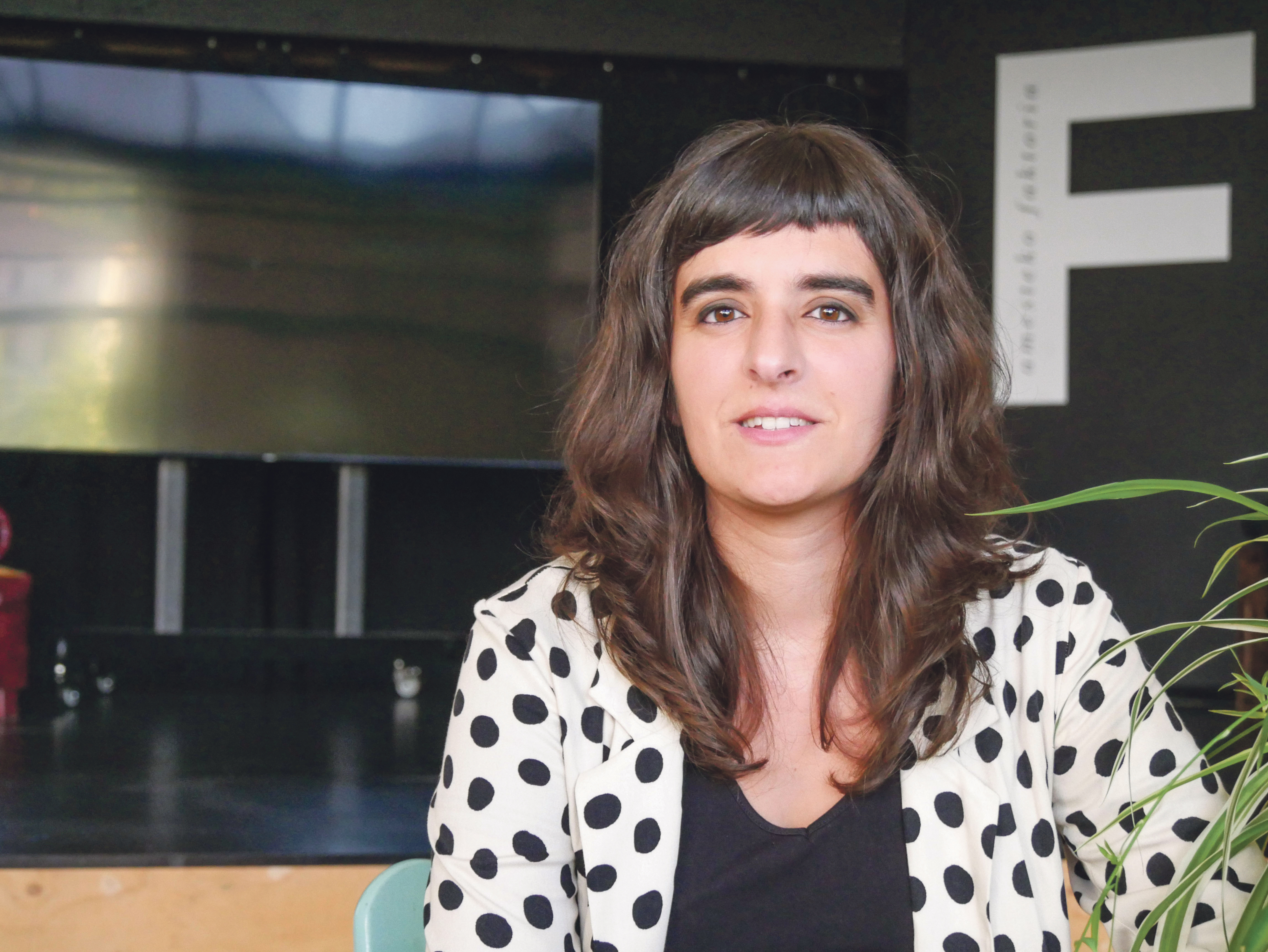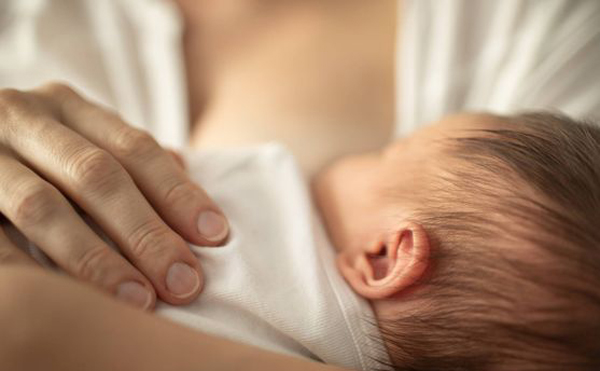“We are the first women in the world to recognize obstetric violence”
- “I do so for the recognition of fundamental rights. No one will return the delivery to me or recover that trauma. So, I’m working to keep the successors from happening.” Donostiarra Nahia Alkorta Elezgarai has included in a book the experience of obstetric violence to make known what happened. For eleven years that he gave birth to his first child, he has been in a lengthy judicial process, waiting for the United Nations Commission on Discrimination against Women to agree because the Spanish State decided “not to respect the resolution”.

She's been famous for obstetric violence.
Yes, unfortunately. After many years, the United Nations has given me reason. The Sabeletik Mundura project has also allowed me to start breaking the bellows and a road. I've known myself for what they did to me, what I created for myself.
What happened to her?My
first child gave birth to me in a public hospital. Because of the urgency, because of the scarcity of resources, because of the structural violence… I saw myself from time to time in interventions that I didn’t want to be. I got inducted, though I told you no. In the end, I had a C-section, although there was no medical need. I was threatened, forced. “If you come to the hospital you have to do what we say,” they told me. That led to post-traumatic stress and I spent a few very bad years. I was very psychologically affected.
There is only one year for the first complaint. As soon as I put my words to what happened to me, I was shocked and denounced. I wanted them to confess what they did to me. “If you’ve lived like this, we’ve done something wrong,” I just wanted to hear that. The child is going to be eleven years old and I have not yet heard it. I had my first trial in the San Sebastian court three years after the complaint.
How do you remember it?
The judge said: “Are you the Desire? I have many doctors in my family.” You can imagine what the next few minutes were like.
I am not going against doctors, but against obstetric violence, which is another manifestation of male violence. At the end of all the options of the Spanish State, three women and I from the Spanish State came to the United Nations Commission on Discrimination against Women. The resolution that gave me the reason I received last July. We are the first in the world to recognize obstetric violence.
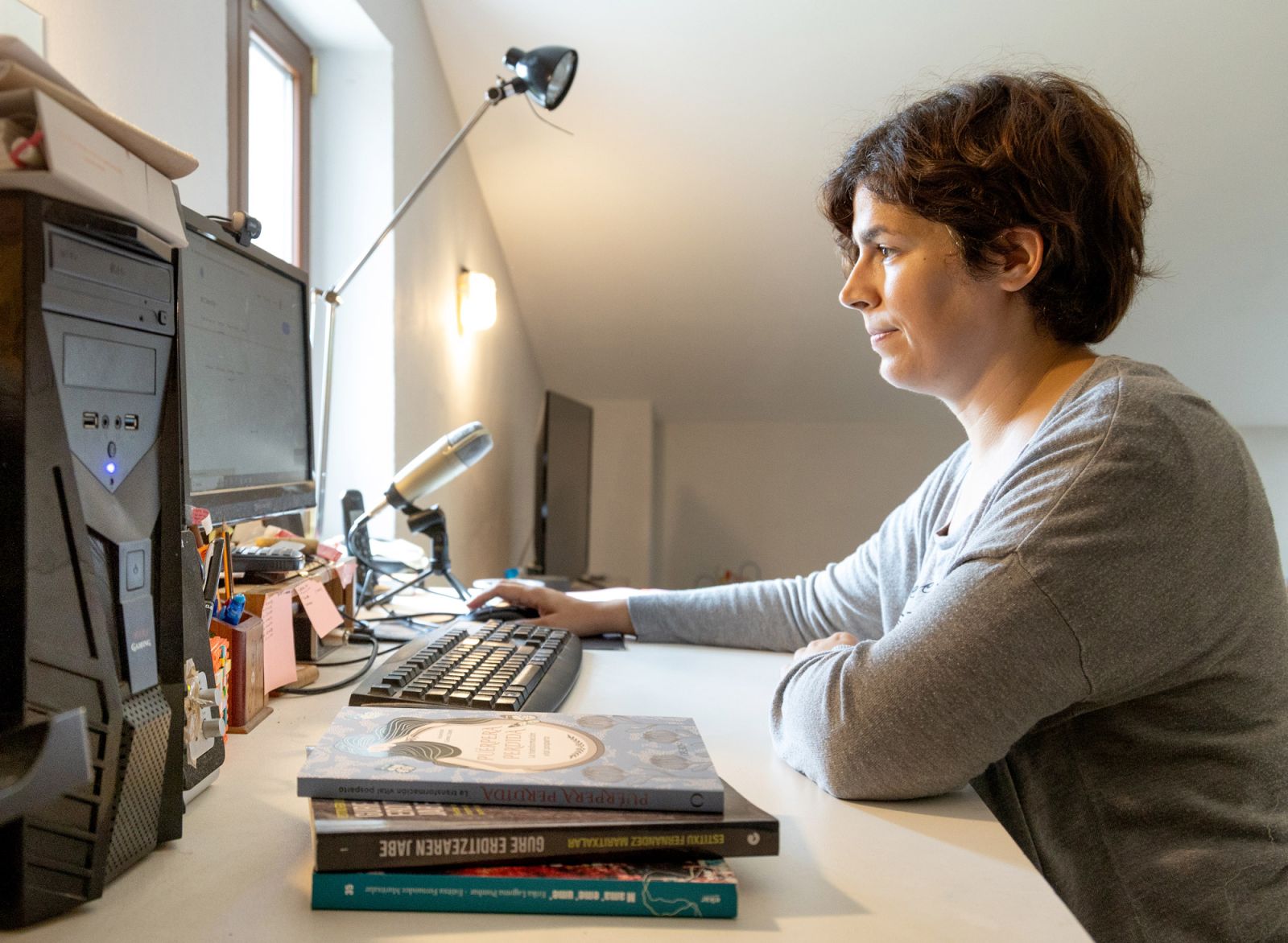
But since then, the head of the cuello.Han had a period of six
months to comply with the judgment, but they have not. In my case, the Basque Government denied me the resolution and in a press release they said that they work “under excellence”. Now I have to restart the administrative steps and go to the Spanish National Court, which means that the process will last three or four more years.
Can everything remain upside down, beyond the recognition of pain?Beyond the
emotional and psychological cost, it has a significant economic cost. We can, as an executive, be strongly condemned in the event of loss of the costs of the trial. And what is even more serious: jurisprudence is at stake very dangerous. In short, if the health system prevails over the word female, they will remain the same, in addition to judicial protection. One in three births is usually traumatic delivery with obstetric violence.
“I am not going against doctors, but against obstetric violence, which is another manifestation of male violence”
There is a lot of talk about motherhood, just childbirth and influence. Childbirth
is a very special moment for women, psychologically and neurologically. Changes in the brain occur very soon. In some cultures it is considered a transition, but today we already know that it is not a cultural issue, but a specific fact.
To this must be added the child. The way of birth will affect throughout your life and if the child is born in a violent environment, of course, the effect will be negative. On the other hand, I believe that more than obstetric violence, we should talk about gynecoobstetric violence. The female body is placed on the battlefield. We're naked, we're sitting, our legs are open, and we often don't know what's going on. In the dermatologist, for example, it does not occur.
Everything you've collected in a book that will be published in the fall.
They're my experiences. Childbirth, postpartum, judicial process and its consequences. I received the UN resolution in Pamplona when we celebrated the Sanfermines and I immediately thought about making the book exercise. I wanted to make a roadmap to know what to do if someone is on my site. In short, because, even if you are right, it is to go against the system, and that is always difficult.
I wrote it within six months, it was easier than I think. I have enjoyed the creation process and I want to put it in value. If I had written from the pain, a sign that it was not the time. In the re-reading I felt satisfied, I have not broken.
Gusano de Lozorro
In the face of injustices, the worm awakens Alkorta from the lethargy; the concern. He has been unable to satiate the inner thread for eleven years. Live with the feeling that someone has solved something that will never give you back. Ask about mental health and answer “essential”. “No kidding. You usually put your word on the table with a lot of frivolity.” In the book he will edit, he will talk about what childbirth can affect women. At this time when there is much talk of motherhood, this time he wanted to make his contribution since childbirth.
Toledo, 1272-1280. Alfonso X of Castile gathered 427 monomedical songs dedicated to the Virgin. The Cantigas de Santa Maria constitute one of the most important musical and literary collections of the Middle Ages, but being decorated with the miniature cantiga, these... [+]
When death and the corner of the perinatal mourning occurred in the Hernani cemetery, I received the first blow. So I started thinking about where that lost child was. There I left him to take care of others. Why didn't I do something? Time goes fast and immersed in day to day is... [+]









